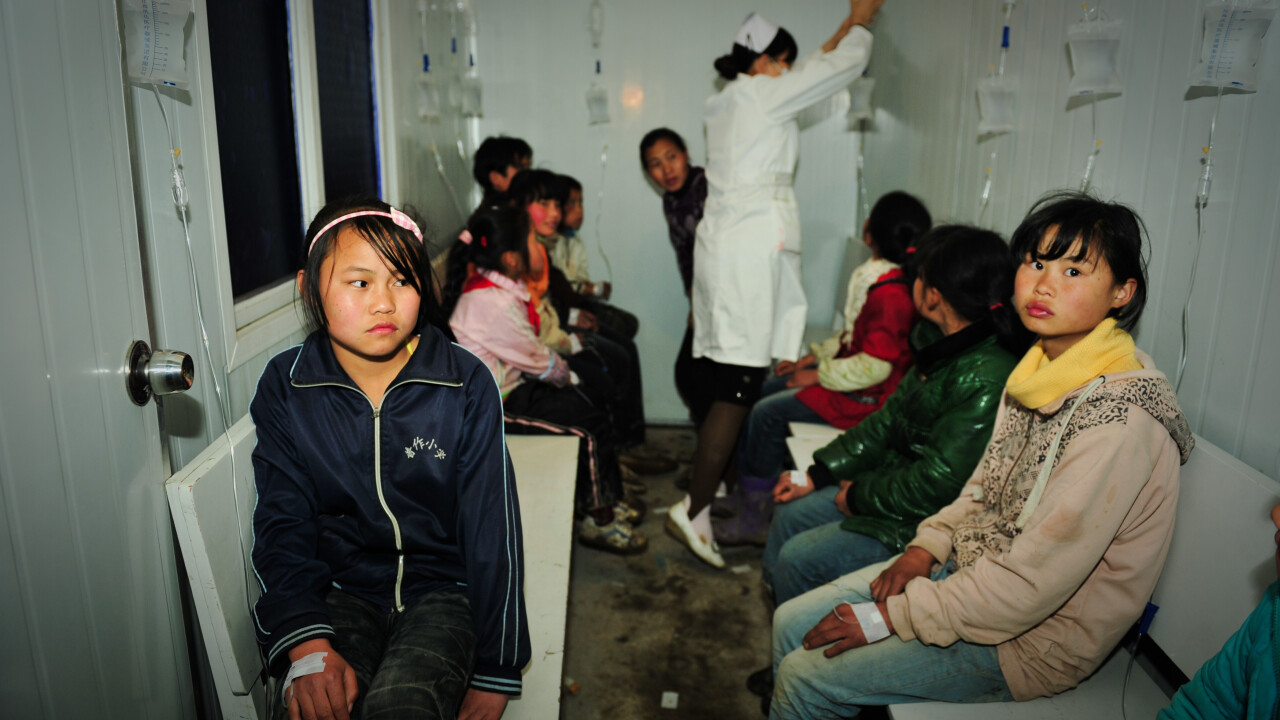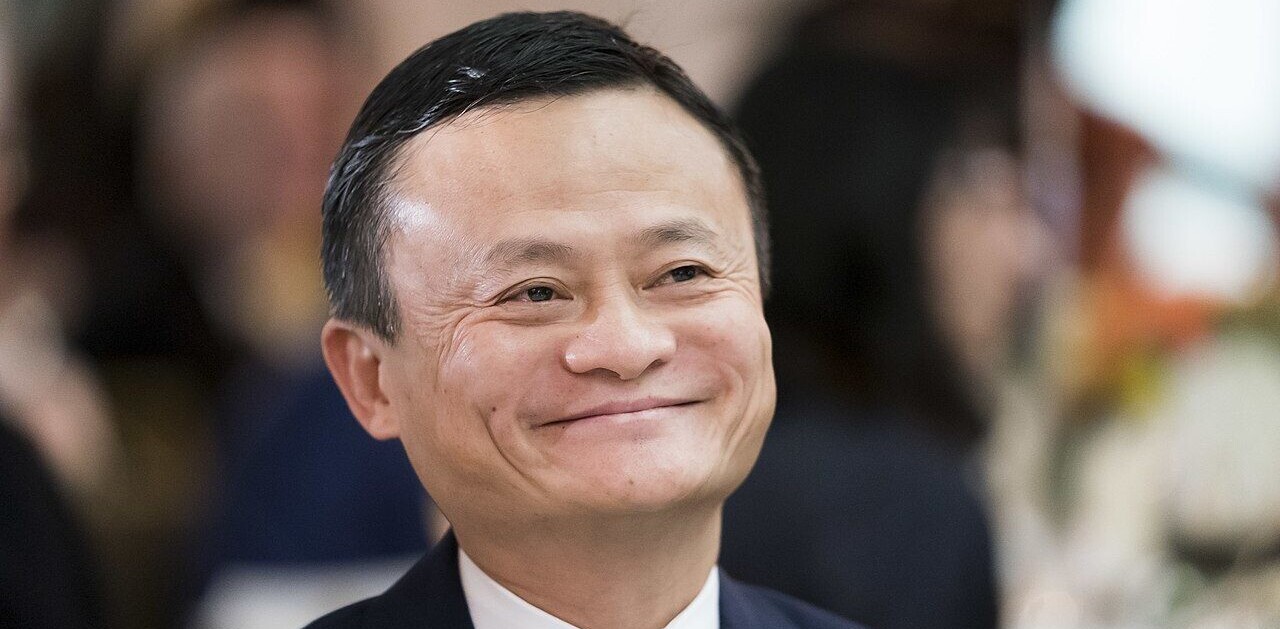
Alibaba-owned Taobao, China’s most influential online retail site, is widely known as a place where one can buy everything and anything under the sun. Now, in cooperation with Guahao.com, a Chinese non-profit, the platform offers a new product – hospital appointments.
According to China Daily, Taobao rolled out a hospital appointment booking service on its website earlier this week. Patients looking to schedule an advance appointment with a doctor can go to life.taobao.com and search for a date, department, local hospital, and doctor. Upon entering personal information into the service, users subsequently receive a text message specifying the exact time and location to pick up their formal appointment ticket.
The service is currently available in 17 provinces and municipalities (including Shanghai), and claims to have partnerships with over 600 hospitals and over 70,000 doctors.
Taobao provides the appointment booking service entirely for free. But pilot programs for payment of registration fees (usually paid on-site) are being rolled out in cooperation with Alipay, Taobao’s sister online-payment platform (both are under the Alibaba umbrella).
Traditionally, Chinese hospitals utilize a line-up-and-take-a-ticket method of booking appointments, but that process has created a huge problem in the country’s health-care infrastructure – appointment scalping. As the status-quo system features minimal oversight, it’s not uncommon for scalpers to buy appointment slots and sell them to patients at inflated prices. Since Taobao’s new service relies on the collection personal information, it imposes an extra hurdle for those looking to profit off an imperfect system.
According to the China Daily, 12 million users booked hospital appointments through Guahao.com. Its integration with Taobao, which has over 500 million users, now puts the platform in a strong position to widen its reach.
Banned in Beijing
The existence of a non-profit providing hospital booking services shouldn’t be too controversial as far as NGOs go in China. However, the incorporation of what is in essence a public good onto Taobao, a privately-owned retail site, has some depressing implications with regard to the efficiency of China’s health care system. Is it really more secure to book an appointment with your cardiologist on a website that sells counterfeit Nike sneakers than at a proper hospital?
Already, the Beijing Municipal Health Bureau has enacted a temporary city-wide ban on the service. Citing the existence of its own city-wide appointment booking platform (www.bjguahao.gov.cn, reportedly in operation since 2011), the department added that no for-profit website, organization, or individual should be involved in the distribution of a public good.
Taobao has accepted Beijing’s ban, but in a statement to the press, emphasized that despite its status as a profit-making entity, it was providing the service for free and with the well-being of the consumers in mind.
UPDATE: Apparently Taobao is not the first online platform to offer hospital appointment booking services. Baidu does as well, and Qihoo 360 just implemented its booking service this month on its search engine.
Following some uproar from netizens displeased with Beijing’s shutdown of Taobao’s service, Qihoo 360 today announced that its own service would continue to cover Beijing municipality.
It’s not clear exactly why Qihoo 360 dodged a bullet – perhaps Beijing yielded to residents unhappy with the crackdown. Or, perhaps since Qihoo provided the service on a search engine rather than an online retail outlet, it posed less of a threat to the image of the Beijing Municipal Health Bureau.
In any case, with or without a crackdown, the story sheds light on the inefficiencies within China’s health care system, and the awkwardness that occurs when a third party emerges with a solution.
Image Credit: ChinaFotoPress/Getty Images
Get the TNW newsletter
Get the most important tech news in your inbox each week.




